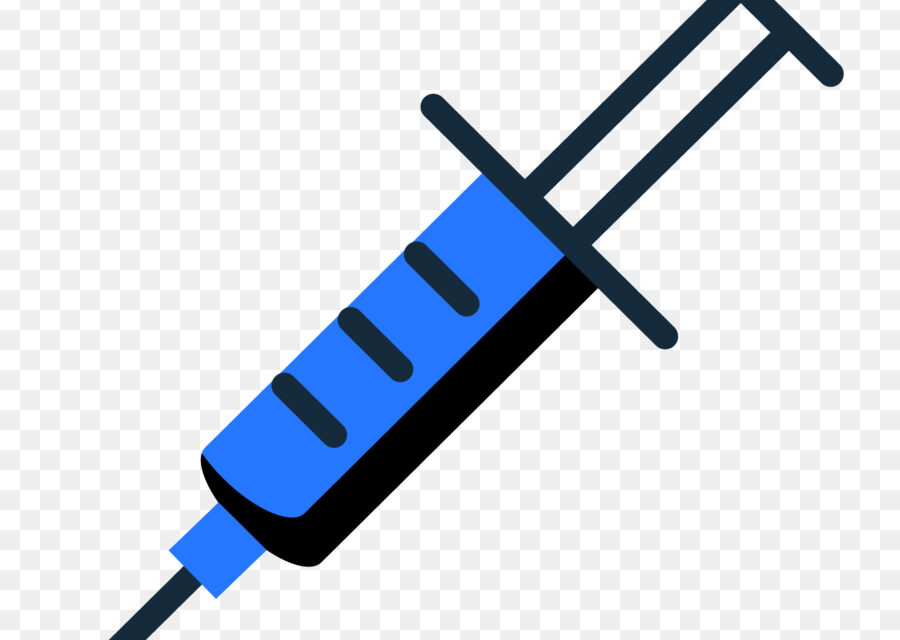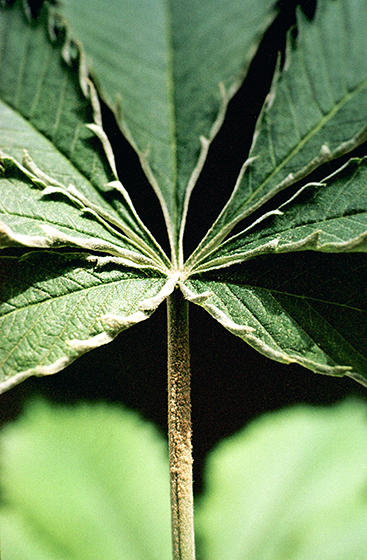By Joe D. Goldstrich, MD
Cannabis may help fight COVID-19 infection. But research suggests that it may weaken the response to COVID-19 immunization.
Over the past year, as the pandemic has worsened, there has been an increasing amount of research looking at the effects of cannabinoids and terpenes on COVID-19 infection. The research on the ability of cannabis to prevent COVID-19 infection is still preliminary1. Canadian investigators have reported that terpene-rich CBD extracts may be able to prevent COVID-19 infection. They also found that both THC and CBD extracts were able to block cytokine produc- tion, which would be extremely important in the treatment of COVID-19. However, one high-THC extract actually stimulated cytokine production2.
My interpretation of this research data is that extracts high in CBD and rich in terpenes would be the best option for both pre- vention and treatment of COVID-19 infection. Because CBD (and THC) has the ability to down regulate and weaken an immune system that is struggling to fight infection, lower daily doses of CBD (20 mg or less) would be best choice for prevention and if COVID-19 infection occurred, ramping up the CBD dose to over 100 mg per day might then be the best option. The objective in treating a confirmed infection would be to prevent the cytokine storm, as the immune system has already failed in preventing COVID-19. CBD extracts rich in terpenes, es- pecially beta caryophyllene, might hold the greatest likelihood of success2.
COVID-19 immunization. The Endocannabinoid System balances the immune system. When the immune system is over functioning and out of control, as in rheumatoid arthritis, systemic lupus erythematosus, multiple sclerosis, and other autoimmune diseases, cannabis may be able to help treat these diseases by down regulating and normalizing the immune system. In immune deficiency diseases such as HIV, cannabis may be able to help upregulate the immune system.
Immunotherapy is a modern-day cancer treatment designed to stimulate the immune system to fight the cancer. The only published study to date on the use of cannabis in conjunction with immunotherapy was conducted by Israeli scientists. They found that “It may be associated with worsening clinical outcomes. Cancer patients us- ing cannabis showed a significant decrease in time to tumor progression (TTP) and decreased overall survival (OS) compared to nonusers”3.
The most likely reason for cannabis use impairing the response to immunotherapy is that it is preventing the immune system from responding to the stimulus that is required for the immunotherapy to work.
There is no published research on the effects of cannabis use in conjunction with COVID-19 immunization. Immunotherapy and immunization both attempt to stimulate the immune system to produce anti-bodies that will attack a foreign entity in the body, whether it be cancer cells or the virus causing COVID-19.
Because of the likelihood of cannabis use preventing a full immune response to the COVID-19 vaccine (both Pfizer and Mod- erna), as it does with immunotherapy, I suggest withholding cannabis (both CBD andTHC) for 24 to 36 hours before the first immunization, and not resuming cannabis use until at least three weeks after the second immunization. Abstinence from cannabis might provide a stronger immune response and be better able to prevent COVID-19 infection. This would be true for any immunization.
This should be a no-brainer for recreational cannabis users intent on avoiding COVID-19. Patients using cannabis for serious medical conditions such as epilepsy, cancer and autoimmune diseases should discuss this conundrum with their physician.
Palmitoylethanolamide (PEA) an endocannabinoid sometimes used for arthritic pain, can also affect the immune system and should also be withheld in conjunction with immunization.
References:
1. Wang, B., Kovalchuk, A., Li, D., Ro- driguez-Juarez, R., Ilnytskyy, Y., Kovalchuk, I., & Kovalchuk, O. (2020). In search of preventive strategies: novel high-CBD Cannabis sativa extracts modulate ACE2 expression in COVID-19 gateway tissues. Aging, 12(22), 22425-22444. H
2. Kovalchuk, A., Wang, B., Li, D., Rodriguez-Juarez, R., Ilnytskyy, S., Kovalchuk, I., & Kovalchuk, O. (2021). Fighting the storm: could novel anti-TNFα and anti-IL-6 C. sativa cultivars tame cytokine storm in COVID-19?. Aging, 13. https://www. aging-us.com/article/202500/text
3. Bar-Sela, G., Cohen, I., Campisi-Pinto, S., Lewitus, G. M., Oz-Ari, L., Jehassi, A., … & Meiri, D. (2020). Cannabis consump- tion used by cancer patients during immu- notherapy correlates with poor clinical out- come. Cancers, 12(9), 2447. https://www. mdpi.com/2072-6694/12/9/2447/pdf





